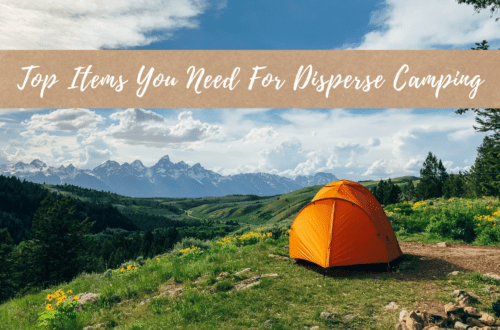If you live near the ocean as we do, high altitude is something that we need to get adjusted to. Not everyone is sensitive to high altitude, however, it can be debilitating. Therefore, learning how to deal with altitude sickness is very important. Even though neither of us is super sensitive to it, there were times during our hike where we had to take a break from dizziness and nausea. Some of the symptoms of altitude sickness can range from mild to severe with headaches, trouble walking, dizziness, nausea, shortness of breath, fatigue yet difficulty sleeping.
As you go higher in elevation, there is less oxygen for your body to breathe in. Your symptoms become more severe at elevations over 5,000ft, even more so over 8,000ft. You will usually notice the symptoms within a few hours or the first day at a higher elevation.
The important thing is the take breaks to give your body a chance to acclimate to the altitude. If you can, rest and give yourself a few days to get used to it.
HOW TO DEAL WITH ALTITUDE SICKNESS:
- Avoid alcohol, cigarettes, and medications like sleeping pills as they can make altitude sickness symptoms worse.
- Drink lots of water! Staying hydrated very important.
- Eat more carbs. When you’re at a higher altitude, you need more calories
- Give yourself plenty of breaks and take it easy.
If you’re up to visit some beautiful lakes at a higher elevation, check out Duck Lake Pass or Valentine Lake in the Mammoth Lakes area.
Happy Adventuring. Don’t forget to follow us on Instagram, subscribe to our Youtube channel, and sign up for our newsletter!








